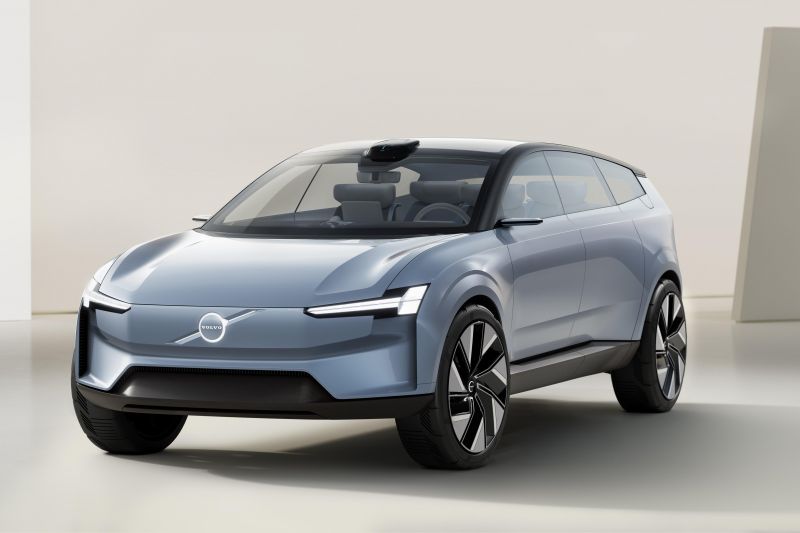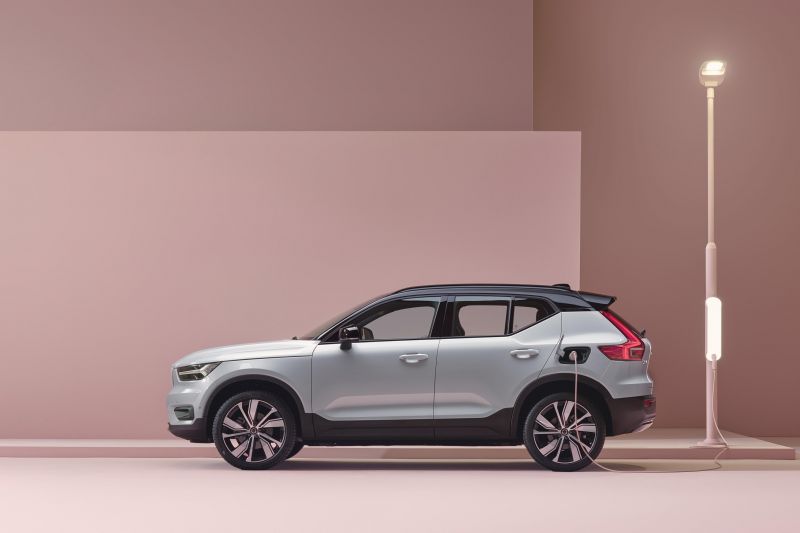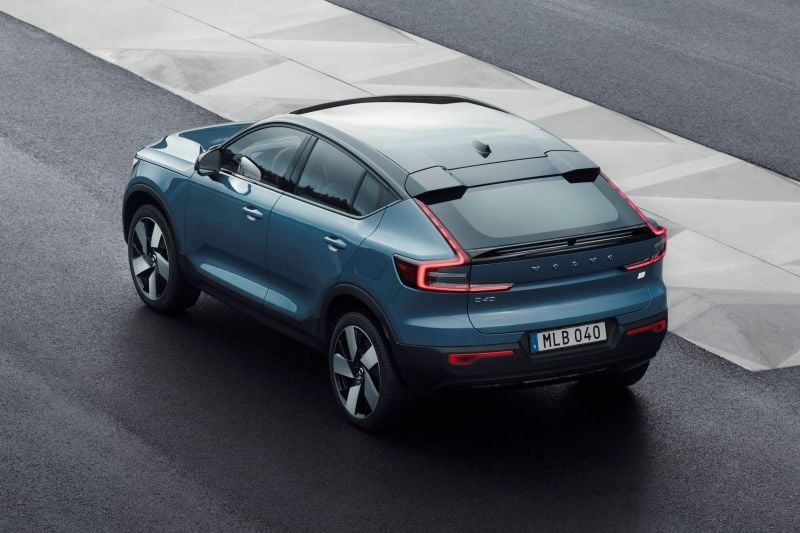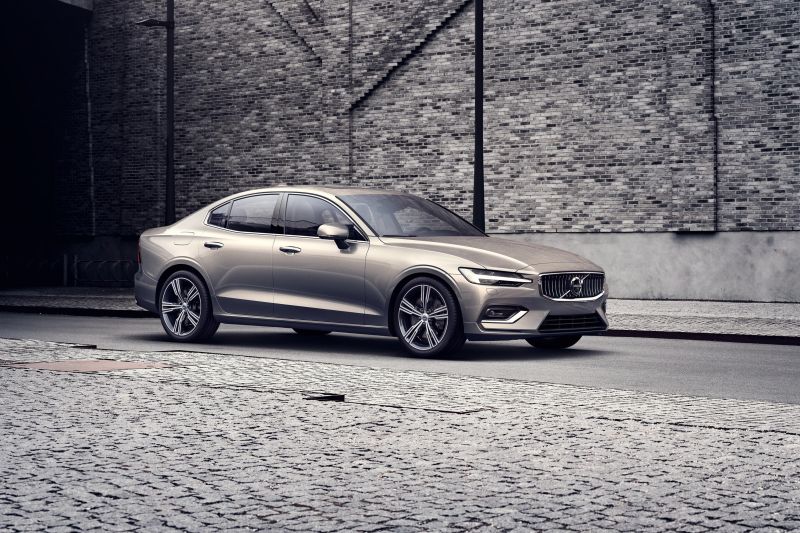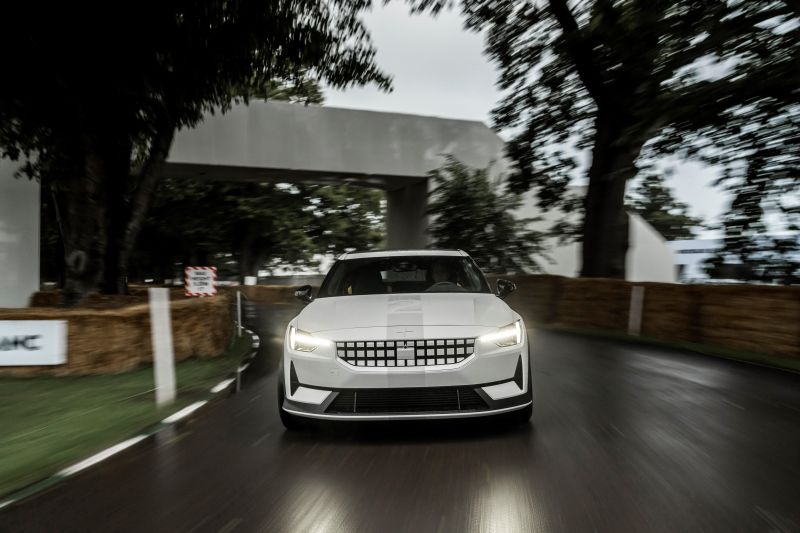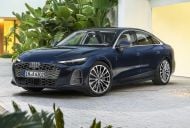Volvo Cars has struck a deal with its parent Geely Holding to buy out the latter’s stake in their tactically vital China-market joint-venture operations.
As such it’ll gain ownership over its renewably-powered Chengdu and Daqing car manufacturing plants (Australia’s Volvo XC60s come from China) and sales operations in Shanghai. China is both Volvo’s and the world’s biggest market.
The deal will see Volvo Cars take over Geely Holding’s 50 per cent share in Daqing Volvo Car Manufacturing Co. Ltd and Shanghai Volvo Car Research and Development Co. Ltd, in addition to its extant 50 per cent share.
It means Volvo Cars’ share of the net income and equity for both joint-ventures will increase following the transaction, though they are already included in its financial statements.
Geely Holding said the move would clear up the ownership structure, which is key to stoking more investor interest.
“Geely Holding Group and Volvo Cars are continuously evaluating the best way to collaborate and structure operations within the wider Group,” added Geely Holding chief executive Daniel Donghui Li.
The transactions will be completed in two steps starting in 2022 when the joint venture requirement for auto manufacturing in China will be lifted, and is expected to be formally completed in 2023.
This first point is vital: essentially, car manufacturers that want to sell cars in China will no longer need to form a joint-venture with a domestic partner, after the government loosened these protectionist requirements.
Volvo won’t be the only OEM to make such a move. It’s actually not the first, since Volkswagen late last year announced plans to bump up its share in its Anhui R&D centre for e-mobility (formerly an even JV called JAC Volkswagen) to 75 per cent.
Key is the total control gained by Volvo, here.
“With this agreement, Volvo Cars will become the first major non-Chinese automaker with full control over its Chinese operations,” said chief executive of Volvo Cars Håkan Samuelsson.
Volvo Cars has seen strong growth in the Chinese market in recent years. In 2020, it sold 166,617 cars in China, an increase of 7.5 per cent versus 2019 and its eighth consecutive sales record in the market.
In the first half of 2021, sales increased 44.9 per cent compared to the same period in 2020, and by 40.1 per cent compared with the same period in 2019.
The move to take full control of its China production, development and sales operations follows news from earlier this month that Volvo had also upped its share of the Polestar EV brand to 49.5 per cent.
It acquired its additional stake from the private investment company of Eric Li, Chairman of both Volvo Cars and its parent Geely Holding Group.
There are reports floating around that Volvo and Geely are eyeing an Initial Public offering (IPO) for Polestar on the Nasdaq.
By spinning it off and taking on public investment, it would scale-up its capital to better take on Tesla. Investor excitement for EVs is clearly there.
MORE: Polestar Australia locks in management team for November launch
MORE: The Geely empire. What do Volvo, Polestar and Lotus have in common?
MORE: Volvo showroom page
MORE: Australian electric vehicle launch calendar





